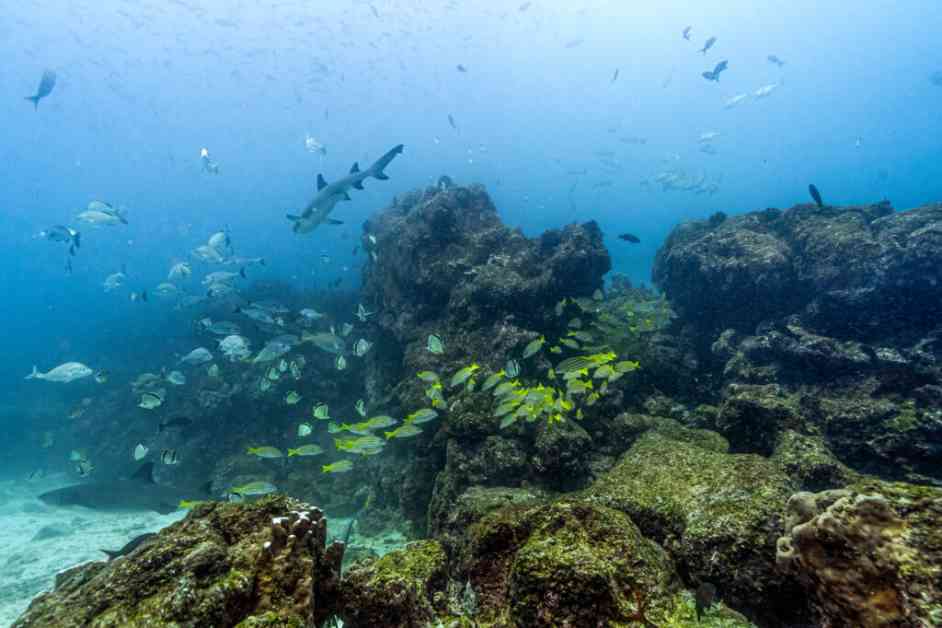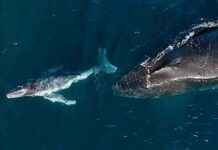The Constitutional Court of Ecuador has made a groundbreaking ruling that coastal marine ecosystems have legal rights that must be protected, indicating potentially stricter limits on human activities like industrial fishing. The court emphasized that these ecosystems have the right to maintain their natural life cycles, structure, functions, and evolutionary processes. It also outlined that the Ecuadorian government must implement adequate protective measures to ensure these vital processes persist.
Ecuador’s Recognition of Nature’s Rights
Ecuador, in 2008, became the first country globally to acknowledge in its national constitution that nature possesses legal rights similar to humans and corporations. Over a dozen other nations have also recognized through legislation or court decisions that ecosystems or individual species have rights to live, persist, and regenerate. The ruling extends enhanced protections to the country’s expansive aquatic ecosystems, including those found in the Galapagos Islands, which are home to numerous marine species like fish, whales, sea turtles, dolphins, sharks, manta rays, and corals.
The Landmark Decision
The court’s decision signifies a shift towards a new perspective, a “blue perspective,” on the rights of nature, according to Hugo Echeverria, an Ecuadorian lawyer involved in the case. The court highlighted that nature comprises interrelated, interdependent, and indivisible components, including the human species. It emphasized that any disruption to an element of nature affects the functioning of the entire system.
Impacts and Implications
The ruling imposes a stricter obligation on the government to safeguard marine ecosystems, requiring robust environmental regulations to protect the essential functions of these ecosystems. This includes measures like fishing limits and pollution controls to ensure the long-term viability of these ecosystems. Furthermore, the decision may serve as a precedent to challenge various human activities affecting Ecuador’s marine life, such as aquaculture, oil and gas operations, and fishing practices.
The court’s affirmation of marine ecosystems having constitutional rights represents a significant step towards ensuring ecological concerns are prioritized alongside human interests. While nature’s rights are not absolute and can be subject to limitations, the ruling underscores the importance of preserving delicate ecosystems and preventing species extinction.
In conclusion, Ecuador’s commitment to recognizing and protecting the rights of nature sets a precedent for other nations to prioritize environmental conservation and sustainability. This landmark ruling underscores the interconnectedness of human activities and natural ecosystems, emphasizing the need for collective efforts to ensure the preservation of marine biodiversity and ecosystem health.
Katie Surma, a dedicated reporter at Inside Climate News, brings this critical environmental issue to light, shedding insight on the legal implications and societal impacts of Ecuador’s groundbreaking court ruling. Through her expertise in international environmental law and justice, Katie provides a comprehensive analysis of the significance of recognizing nature’s rights and the implications for marine ecosystems worldwide. Her commitment to investigative journalism and environmental advocacy shines through in her coverage of this pivotal legal decision.
As readers, we are reminded of the delicate balance between human activities and nature’s intrinsic value, urging us to reflect on our role in preserving the planet’s biodiversity and ecological health. The court’s decision serves as a powerful reminder of the interconnectedness of all life forms on Earth and the shared responsibility we have in protecting our planet for future generations.














